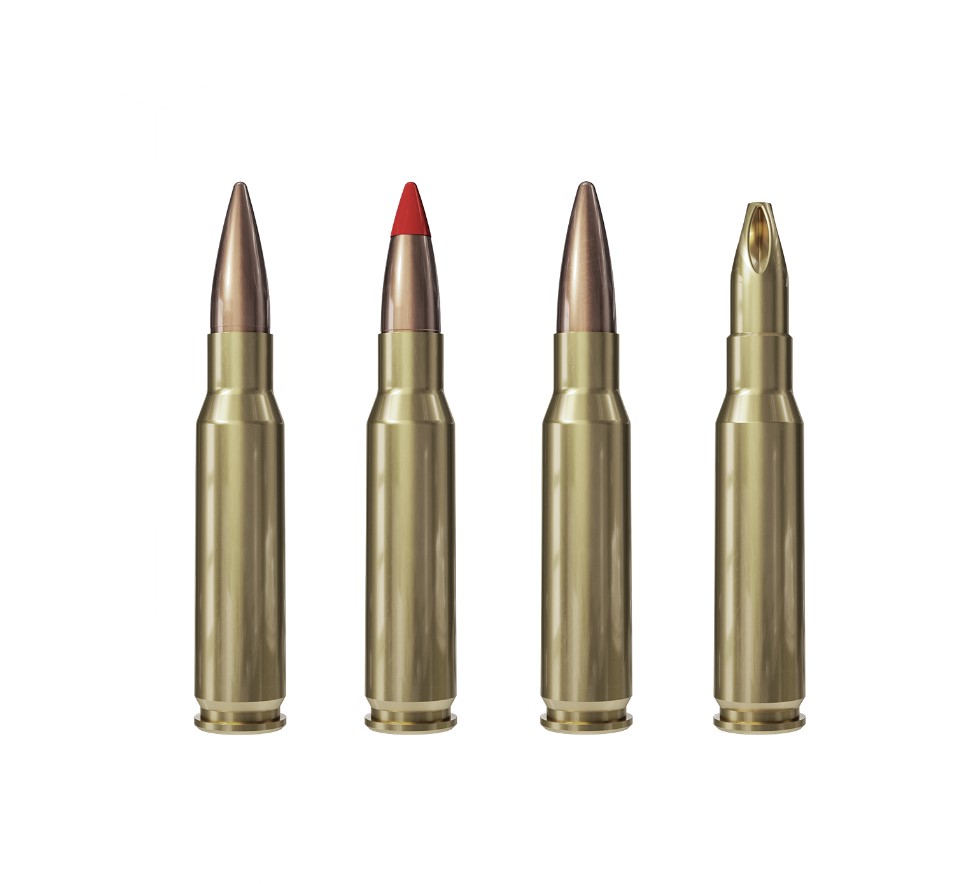US Senate passes $95bn package of aid for Ukraine, Israel and Taiwan
The US Senate has approved a long-awaited $95bn (£75.2bn) aid package for Ukraine, Israel and Taiwan after months of political wrangling.
While Democrats were in favour of passing the bill, Republicans were divided and previously voted it down.
The package includes $60bn for Kyiv, $14bn for Israel's war against Hamas and $10bn for humanitarian aid in conflict zones, including in Gaza.
Lawmakers voted 70 to 29 to approve the package.
The bill will now go to the Republican-controlled House of Representatives, where its fate remains uncertain.
The measure passed the Senate despite criticism from Republican House Speaker Mike Johnson and former President Donald Trump.
In the end, 22 Republicans voted for the legislation, including Senate Minority Leader Mitch McConnell.
"History settles every account," Mr McConnell said in a statement following the vote. "And today, on the value of American leadership and strength, history will record that the Senate did not blink."
Ukraine's president also said he was "grateful" to senators for passing it.
The vote came after an all-night Senate session during which several Republicans made speeches criticising the measure.
https://www.bbc.com/news/world-us-canada-68284380
Looks like nothing about the US border.
The House might not bring it to a vote unless pressure increases on the Speaker somehow.
In related news, the House impeached the Homeland Security Secretary today over the border.
The House of Representatives has voted 214-213 to impeach Homeland Security Secretary Alejandro Mayorkas for "willful and systemic refusal to comply with the law" in enforcing border policy and "breach public trust." Three Republicans voted with all Democrats against the impeachment.
Mayorkas is the first cabinet member to be impeached since William Belknap, secretary of war under President Ulysses S. Grant, in 1876. It is highly unlikely that he will be convicted in the Senate or removed from office.







